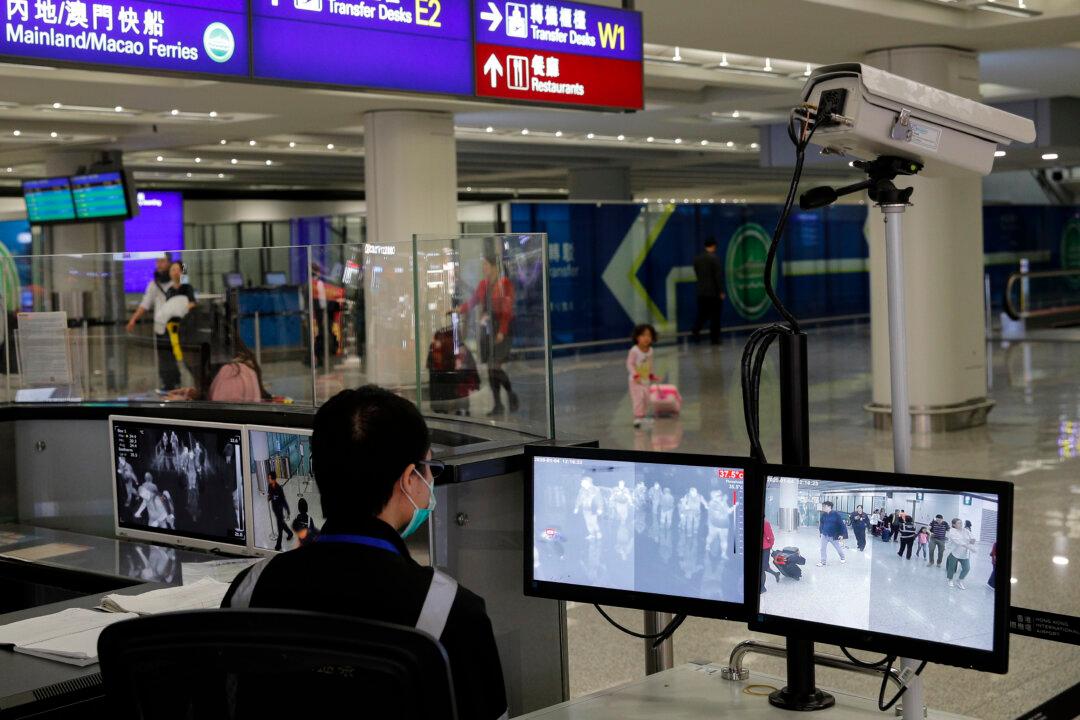China’s Asian neighbors are on guard as the country continues to investigate a mysterious strain of pneumonia.
On Jan. 7, hospitals in Hong Kong, which borders southern China, admitted nine more patients who had symptoms of fever, respiratory infection, or pneumonia, bringing the total number of suspected cases to 30. All patients have recently visited Wuhan, a bustling commercial city in central China, where the illness first broke out.





